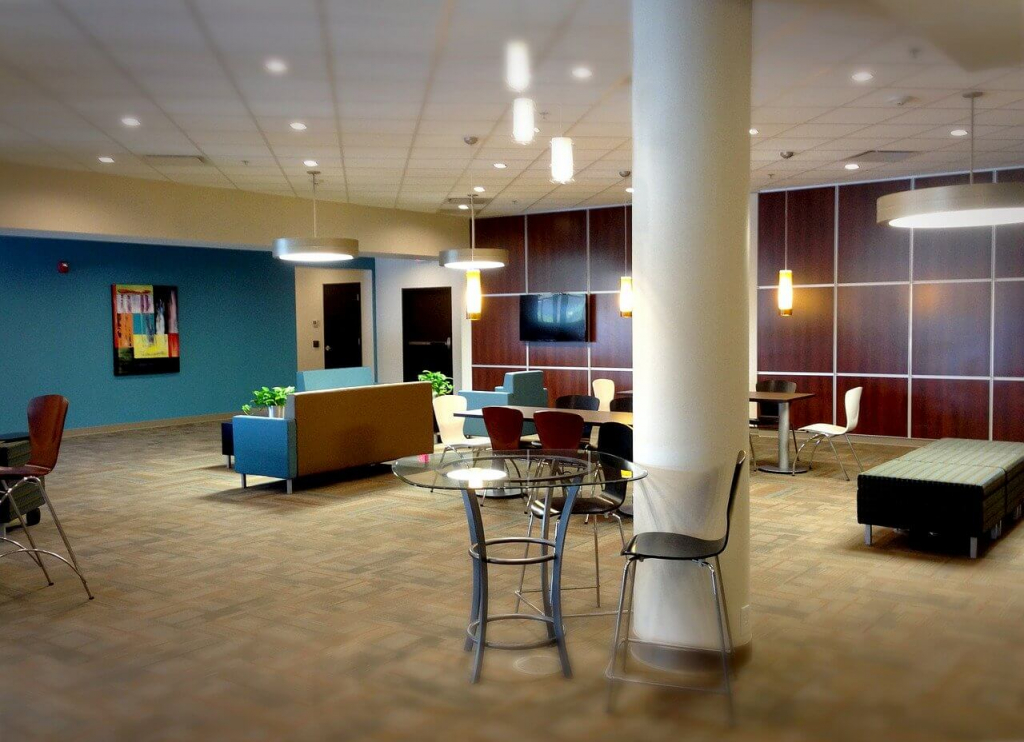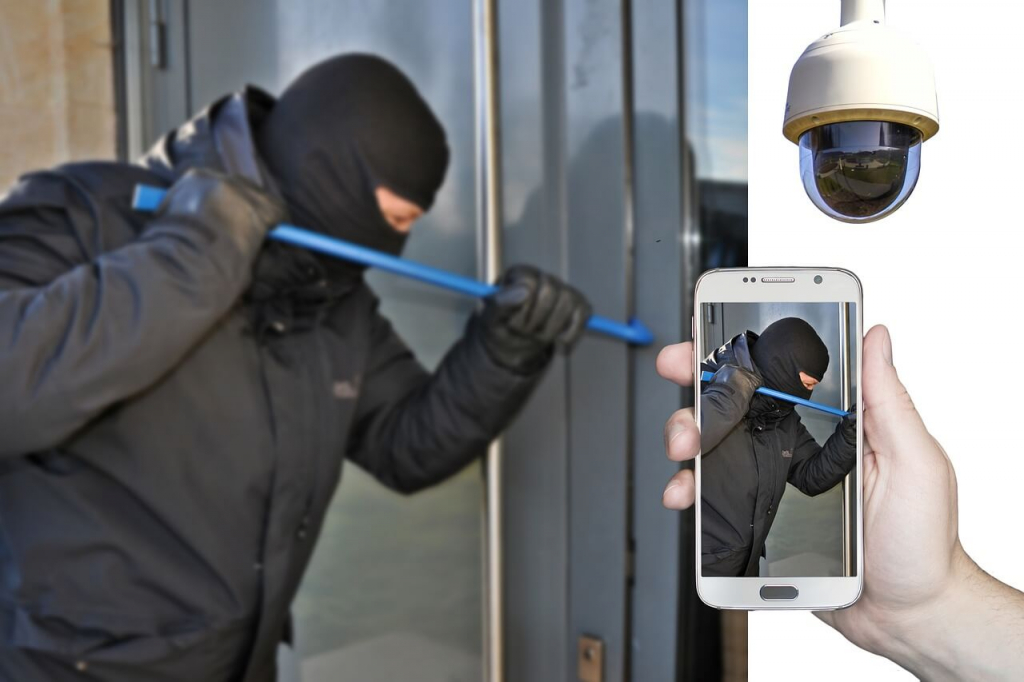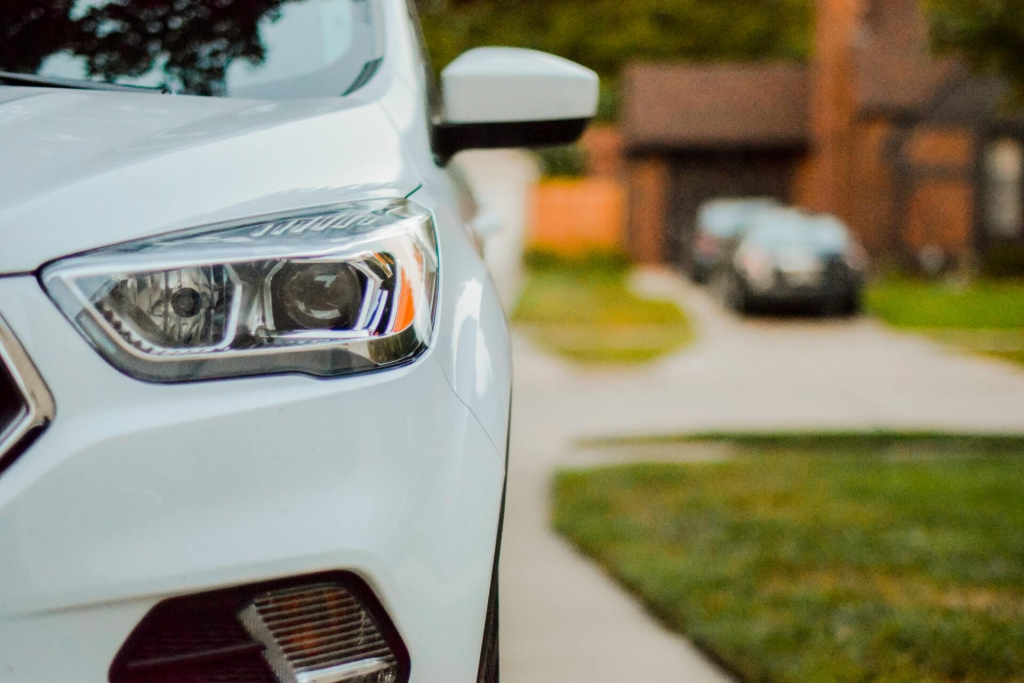As a landlord, one of the ways you can secure your investment property as well as your tenants is by installing security cameras in the different areas of your building or home.
Security cameras help deter trespassers and thieves because, of course, they don’t want to get caught on camera. The security footage can serve as evidence for trials and investigations.
If you want to make sure that you are installing security cameras in your rental property in a legal way, there are three things to consider: placement, permission, and purpose.
Placement
You can only install security cameras on common areas of your rental property. Placing it in an area where tenants expect a reasonable amount of privacy would violate the rights of your tenants. Cameras must also be visible, not hidden.
Privacy is one of the main issues when it comes to the subject of security cameras inside a rental property. Some tenants don’t feel comfortable that a device and another person is watching them. So to set limitations, cameras should not be installed in private areas such as the inside of a tenant’s unit, which includes the bedroom, living room, and bathrooms.

Permission
Tenants must be informed about where the cameras are, and if they also record audio. To be extra safe, make sure they sign a consent form that contains a list of the camera locations.
If you install cameras outside your rental building and it can get a view of the interior of neighboring houses or buildings, you also need to get the permission of your neighbors.
Purpose
You must have a valid reason for installing security cameras. Usually, landlords install cameras to:
• Prevent theft or vandalism
People with bad intentions would think twice about breaking in if they see that there are security cameras that could record them. If they do continue despite that risk, the footage can help speed up the investigation, and it would also be easier for you to claim insurance.

• Monitor tenant guests
You may allow your tenants to entertain guests, provided that they follow the rules you have stated on your guest policy. The camera can help you monitor if they don’t exceed the number of guests and duration of visits.
• Oversee cleaning and maintenance
Once in a while, cleaning and maintenance personnel would need to enter the property to conduct inspections and perform repairs. You can’t be there each time to oversee things. Having a way to check their activity can help you manage your property even if you are somewhere else.
• Be aware of intrusive neighbors
If your single-family rental home is vacant, some neighbors might utilize your driveway as a parking space even without your permission. You don’t want them to use your property, even if the property is unoccupied. If you have to confront them, they wouldn’t be able to deny it if you have footage as proof.
Regardless of your purpose for installing cameras, communicate it with your tenants so that it’s clear for everyone.

Marketing Advantage
As long as you do it right and your purpose is for the good of your property and your tenants, there’s no need to keep it a secret from your tenants. When you publish your property listing on Padleads, surveillance cameras can be strong selling points because tenants would worry less about their security inside your rental home.